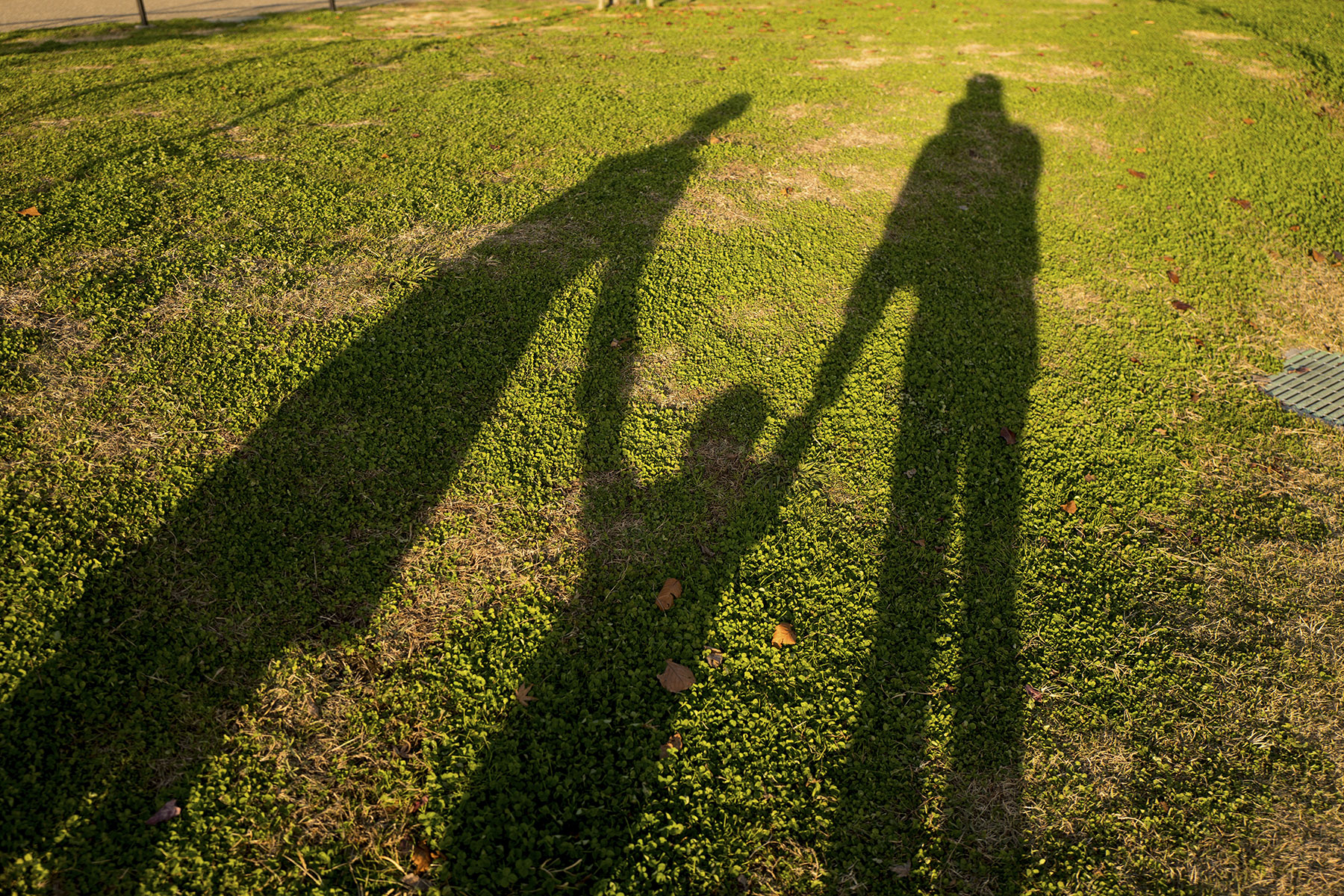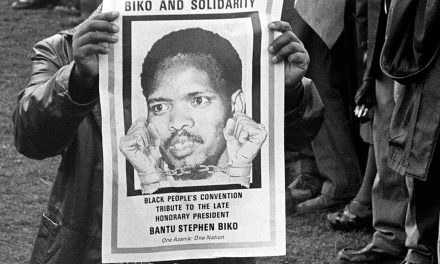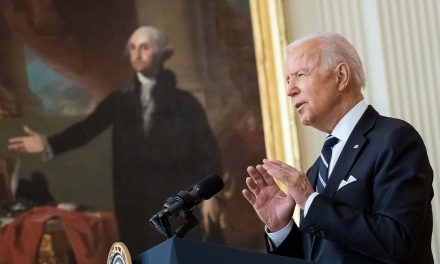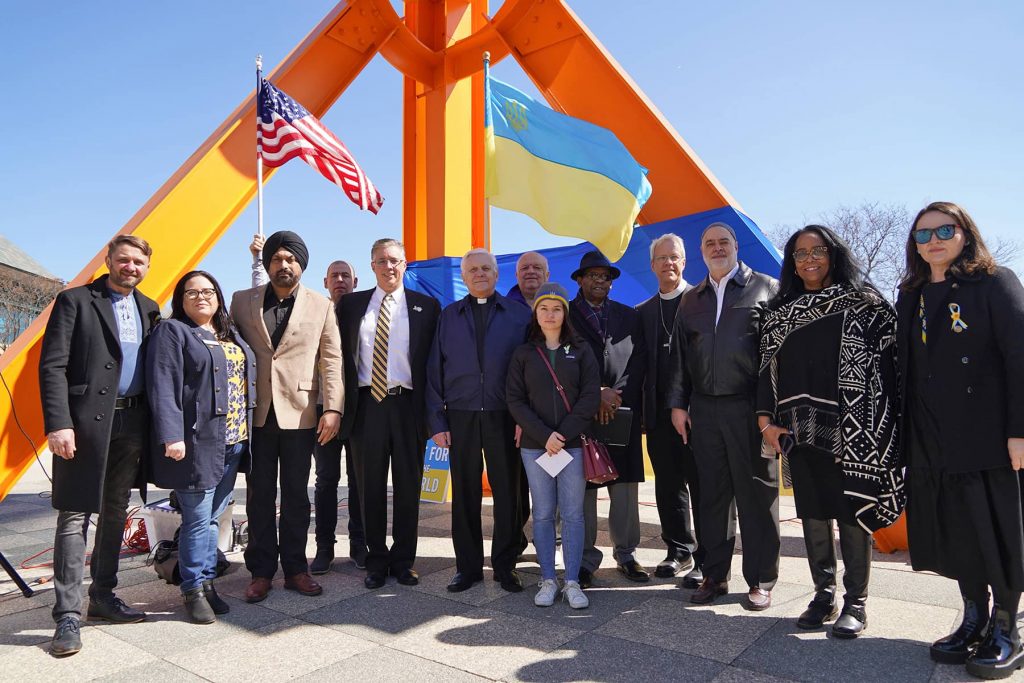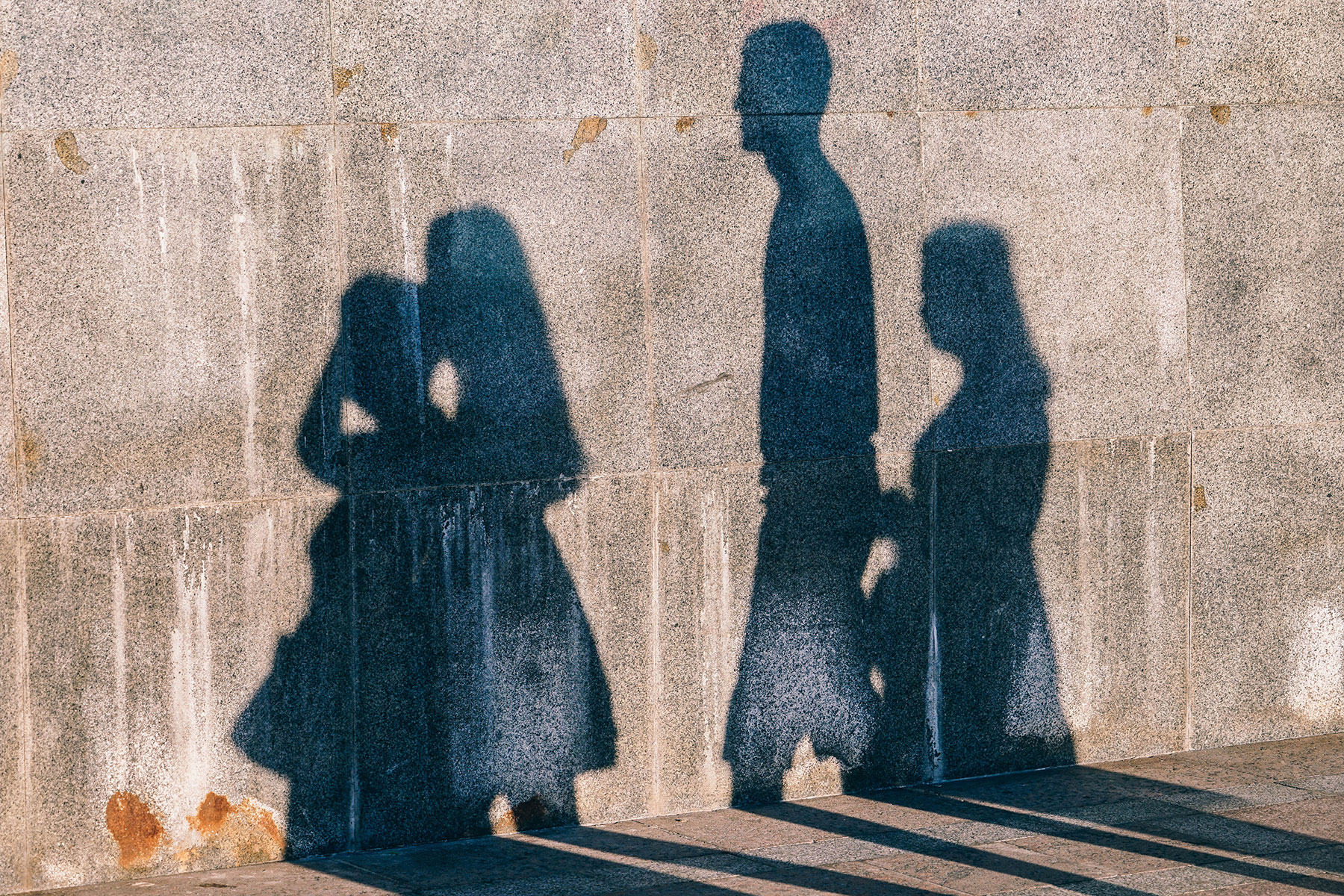
December 14 marks the five-year remembrance of the 2012 shooting at Sandy Hook Elementary, which took the lives of 20 children and 6 adults, marking the unimaginable turning into a very dark reality.
Like most, I remember exactly where I was when I heard the news. I was teaching class that morning when a colleague came into my classroom to inform me of the ongoing coverage. A gunman had walked into an Elementary school in Connecticut and was murdеring children.
The news immediately triggered things locked away inside me. In an instant I was reliving the mass-murder that took place only four months earlier at the Sikh Temple in Oak Creek, where I lost my father and friends.
But in that instant, the only thought that ran through my mind was, denial.
The ongoing news coverage confirmed my deepest fears as a parent, 20 first graders had been gunned down. The entirety of the tragedy lasted about 5 minutes, but became permanently engraved into the collective conscious of the United States. At least, that was what I thought.
In the following days, we observed four completely different responses; fear, acceptance, denial, and appreciation.
As I drove around Milwaukee, I noticed that the stores were completely full, not a complete surprise since Christmas was just around the corner. However, also fully supplied were the gun stores in town. I thought about how fear can drive the paranoia of gun sales and self-preservation. Gun sales and stocks soared, while the gun industry denied responsibility.
Others simply accepted the tragedy as just another day in America, where a mass-murdеr and active shооter have become common language because of frequency. A recent cross national study concluded that “there are more public mass shootings in the United States than in any other country in the world, and countries with high firearm ownership are particularly susceptible to future public mass shootings.”
The psychology of acceptance sometimes assumes the problem to be too big or problematic too solve. This complacent acceptance can also absolve accountability by employing an “I didn’t have anything to do with this” rationale.
Yet, there were others who were not complacent at all, in fact these people were being willfully ignorant in denying that this tragedy actually occurred. These people are commonly referred to as “hoaxers,” those that actively deny the credibility of the tragedy happening and attempt to convince others of conspiracy.
Typically, these hoaxers create videos very quickly after the tragedy and use clips of little truths to click bait and further their agenda of cognitive dissonance through denial. In this particular case, the hoaxers attacked the parents of the children, saying that they were paid actors who staged this so “President Obama could take away guns.”
Some high profile hoaxers, like Alex Jones, have admitted to misleading audiences, however, the commitment of denial by his followers could easily be classified as a cult.
Lastly, there were those who empathized by seeing themselves as the parents effected, and relating their own children in the lost souls. These same parents came home from work that evening and hugged their children a bit tighter, and tucked them in with a bit more patience. These parents realized that a certain irreproachability was lost forever, and wanted to prolong the moments of innocence a bit longer. The event served as a reminder to people of what is really important, the appreciation and mindfulness of life, and the limited duration of youth.
Throughout the years since, I have worked with survivors and perpetrators of viоIеncе form all walks of life. Young, old, men, women, of different races and religions. Nothing has ever hurt my heart like this shooting.
I would not describe myself an empath, but it was as if I can almost hear the children screaming. Even as I write this, I am filled with a flood of emotions, stretching from anger to soul severing sadness.
The question that have I asked myself the most over the past five years, regarding this and other tragedies, was why is humanity so comfortable in denial?
In 1936, Anna Freud expanded on the work of her father, Sigmund Freud, regarding the Ego. She proposed that people use defense mechanisms like denial to “unconsciously protect themselves from overwhelming feelings of anxiety and guilt.”
However, in this particularly sensitive case involving the innocence lost, I thought people would rise up with a collective courage to face the difficulty of current times.
But, they did not.
People are too creative in deflecting their responsibility and incorporating “Ego” defense strategies. They suffer too much from our culture of fear. The fear to change proved to be too powerful, and soon people just went back to business as usual.
Everyone forgot and moved on, except for the parents who lost their children and those who were inspired to go on a growth journey of becoming attuned to appreciation.
I imagined a void that Christmas, and the indescribable pain those parents felt. I expected the birthdays that came and went, and how the mothers and fathers were unable to fall asleep at night. I tried to imagine the dulling ache of that void made worse by those avoiding the needed conversations. I imagined how they must now, five years later, not being listened to but still judged for the way they coped in 2102 with this unimaginable pain. I imagined how they would feel about me writing this article.
Over the years, my imagination made me reach out to those Sandy Hook families. It has become my honor to know some of the families on a personal level, simply because shared tragedies have made us an unlikely family.
These families are humble, and while they still hurt, they are so incredibly strong. They ache, but their spirits are of healing and helping others.
Most recently, we had a chance to meet Dr. Jeremy Richman, who is the founder of The Avielle Foundation, named after his daughter Avielle. Dr. Richman channels his pain by raising awareness about the brain circuitry system. It has become his purpose in life, to teach about and how brain health can effect the ability of people to have compassion and empathy, and what we can do to address root causes of viоIеncе by understanding the mechanism of the brain.
The truth is, most of the Sandy Hook parents have done amazing work to honor the memory of their children and preserve their legacy. Everything from raising awareness, and demanding action for reasonable gun ownership, to mental health and efforts to stop bullying.
But my question remains, why has society not responded with the same level of healing courage?
It is because healing has not yet become the foundational underpinning of the United States.
Judgment still dominates the Western psyche, and even those that preach, teach, and implement justice overly rely on the underpinnings of judgment.
Also, we do not yet truly see our humanity in the eyes of another. The practice of mindfulness is raw and nuanced here, while judgment is generational. Who is good? Who is bad? Who is my friend? Who is my enemy? Who is worthy of God’s grace? Who is damned?
If judgment is so foundational, then it is only normal to conclude that denial and anxiety must be in the American DNA.
My last visit to Newtown was about one month ago. It rained the entire weekend and there was an extreme chill in the air. That rain felt like the tears of the divine. I imagined the tears of loss from so many parents.
December 14 will mark remembrance.
I will think about our children, both near and abroad, and continue my work to inspire healing so that they may inherit a world better.
Love to all the parents, children, and families of Newtown.

